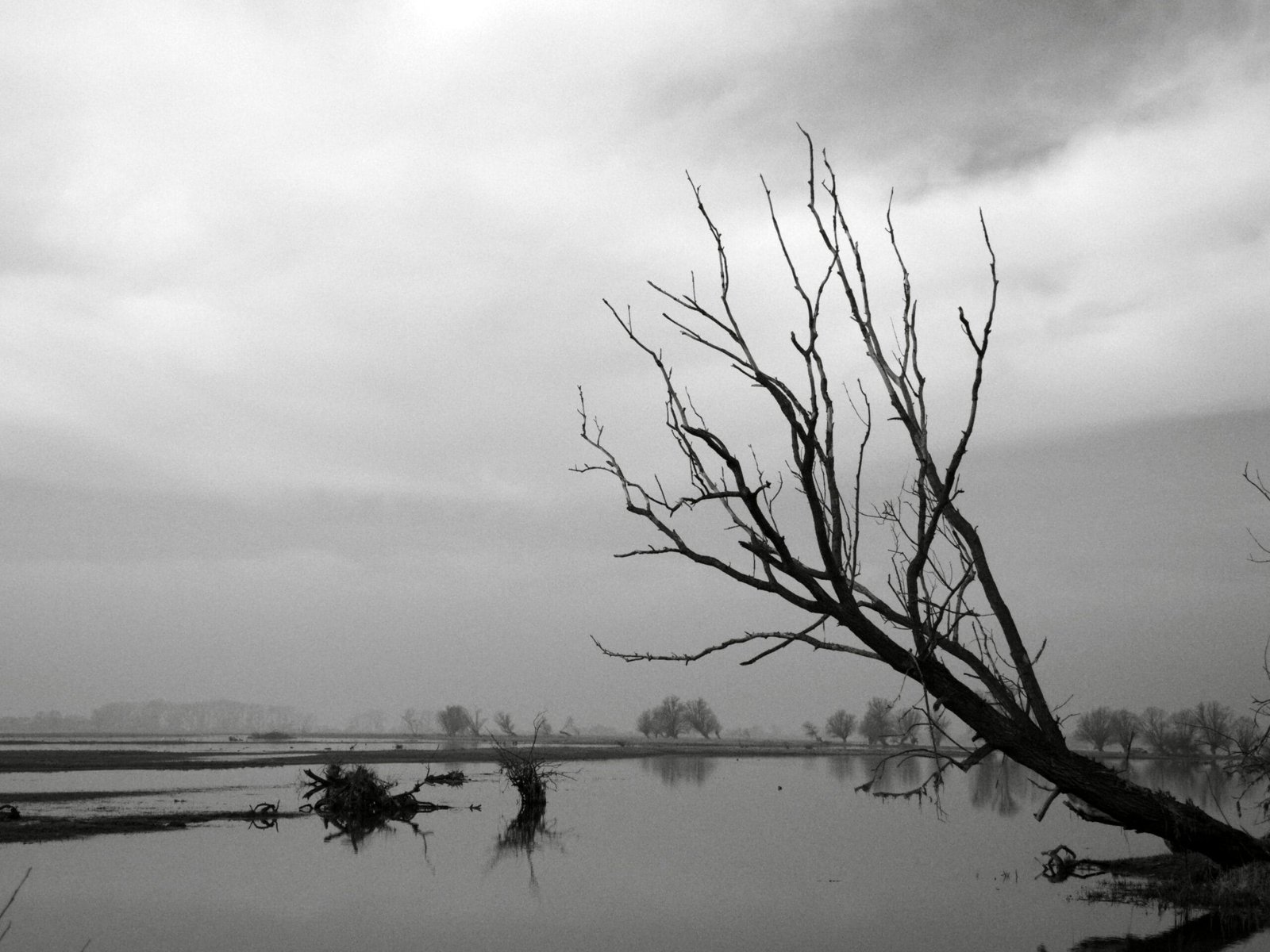
How Climate Change is Impacting Global Health and the Rise of Diseases
Climate change is no longer a distant threat; it’s a pressing reality that impacts every aspect of our lives, including global health. Rising temperatures, shifting weather patterns, and environmental changes have fueled the spread of infectious diseases, putting millions at risk. But how exactly does climate change influence health, and what can we do about it? Let’s explore this vital topic.
The Connection Between Climate Change and Health
- Climate change affects health in various ways, from increased heatwaves to natural disasters.
- It disrupts ecosystems, making conditions ideal for disease-causing vectors like mosquitoes to thrive.
Example: A study by the World Health Organization (WHO) found that diseases like malaria and dengue are spreading to new regions as temperatures rise.
How Rising Temperatures Fuel Disease Spread
Warmer climates expand the habitats of mosquitoes and ticks, leading to more cases of:
- Dengue fever
- Malaria
- Lyme disease
- Prolonged heatwaves can also weaken immune systems, making people more susceptible to infections.
Tip for Prevention: Use mosquito nets, apply insect repellents, and promote early diagnosis to reduce the risk of vector-borne diseases.
Natural Disasters and Waterborne Diseases
- Climate change has led to more frequent floods, hurricanes, and droughts.
- These disasters often contaminate water supplies, leading to outbreaks of:
- Cholera
- Diarrheal diseases
- Hepatitis A
Real-Life Impact: In areas like South Asia, floods have caused a surge in waterborne diseases, especially in low-income communities with limited access to clean water.
Air Pollution and Respiratory Health
- Increasing levels of greenhouse gases and pollutants worsen air quality.
- This has led to a rise in respiratory issues like:
- Asthma
- Chronic obstructive pulmonary disease (COPD)
- Lung cancer
Preventive Measures: Reduce indoor air pollution, wear masks in high-pollution areas, and advocate for clean energy initiatives.
The Role of Climate Change in Food Security and Nutrition
- Changes in weather patterns affect crop yields, leading to food shortages.
- Malnutrition weakens immunity, making populations more vulnerable to infections.
Fact: The United Nations estimates that by 2050, climate change could cause an additional 500,000 deaths annually due to malnutrition.
Steps to Mitigate the Health Impact of Climate Change
Government Action:
- Strengthen healthcare systems to handle climate-related diseases.
- Invest in renewable energy to reduce carbon emissions
Community Initiatives:
- Spread awareness about the health impacts of climate change.
- Encourage eco-friendly practices like reducing plastic waste and conserving water.
Individual Efforts:
- Adopt sustainable habits like cycling instead of driving.
- Support reforestation and community clean-up drives.
Conclusion
Climate change is not just an environmental crisis; it’s a global health emergency. While its impacts are severe, they are not irreversible. By taking collective action at the individual, community, and governmental levels, we can mitigate these risks and protect future generations.
Dont Hesitate To Contact Us
We’re here to help! If you have any questions, feedback, or need assistance, please feel free to reach out.
Trusted Resources for More Information
World Health Organization (WHO) – Climate Change and Health
- Link: WHO – Climate Change and Health
- Provides detailed information on the health impacts of climate change, including diseases and environmental factors.
Centers for Disease Control and Prevention (CDC) – Climate and Health
- Link: CDC – Climate and Health
- Offers resources on how climate change affects public health, including air quality and vector-borne diseases.
United Nations (UN) – Climate Change and Health
- Link: UN – Climate Change and Health
- Discusses the broader impact of climate change on health and the environment, with a focus on sustainable development.
National Aeronautics and Space Administration (NASA) – Climate Change and Global Warming
- Link: NASA – Climate Change and Global Warming
- A reliable source of data on the effects of climate change, including how it is linked to the spread of diseases.


